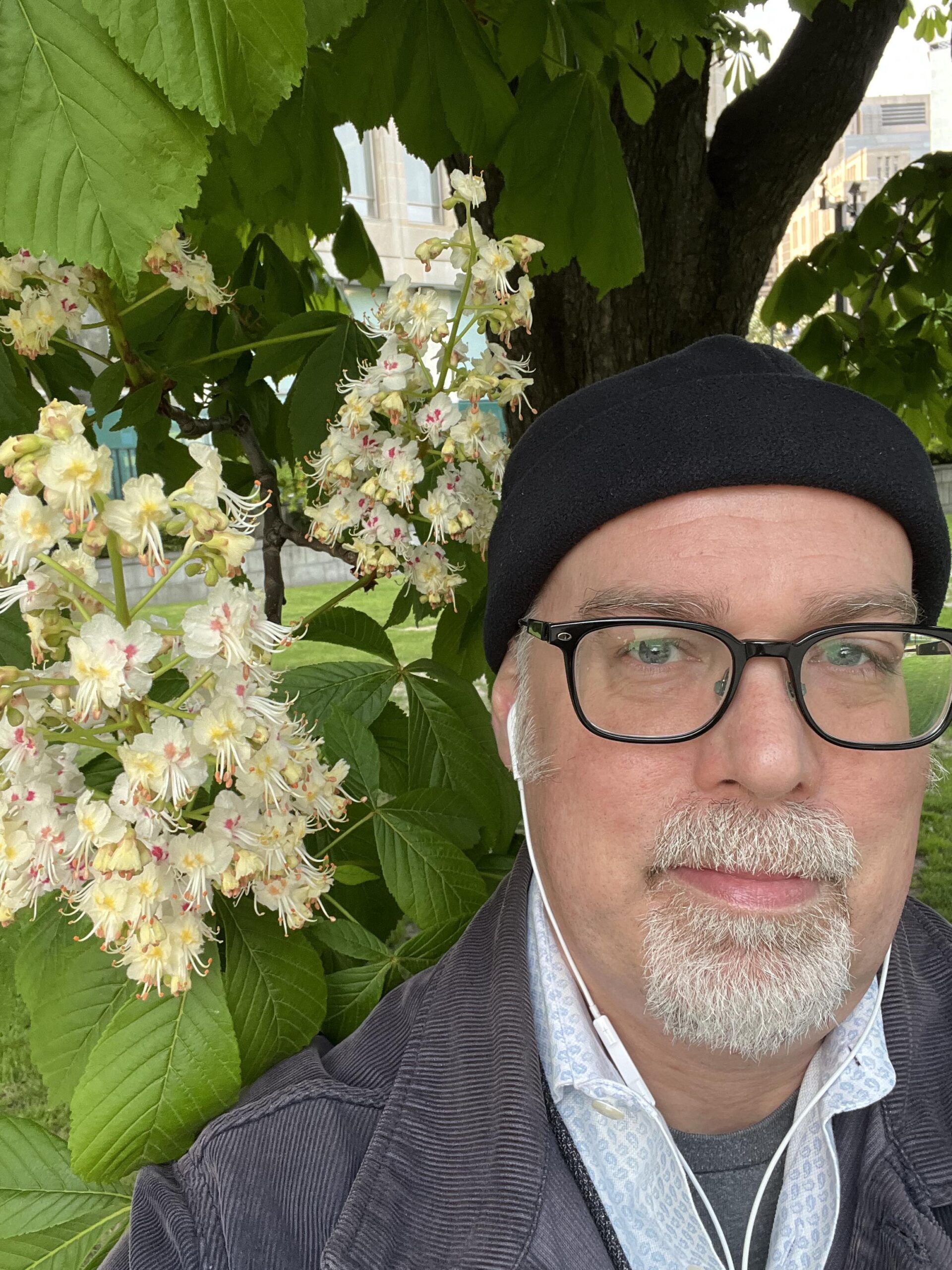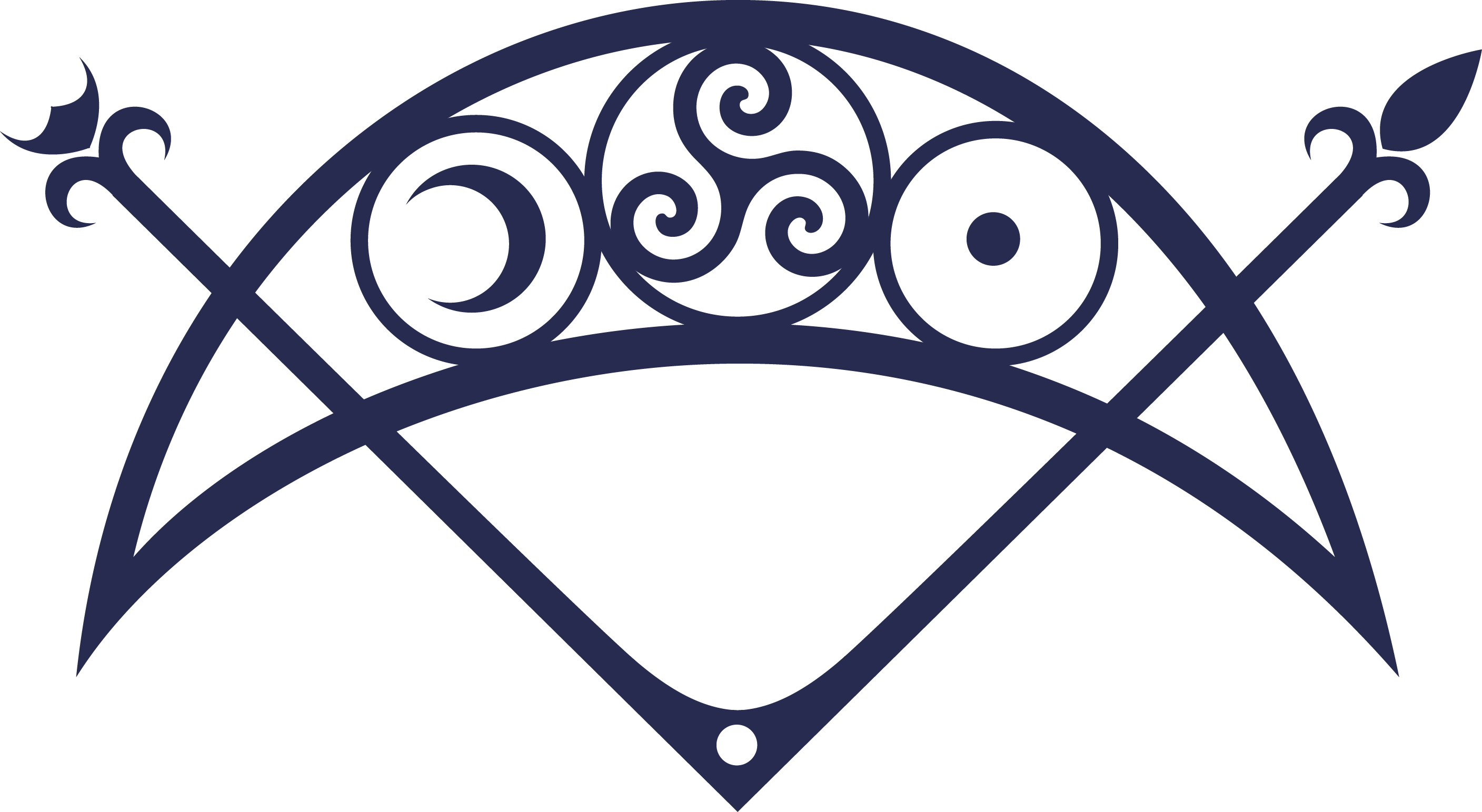
Brian Walsh in under 100 Characters:
Brian Walsh specializes in tales from Celtic Mythology as sources of wisdom and humour, discomfort and delight.
Brian Walsh in 50 Words:
Brian Walsh is a professional storyteller specializes in Celtic Mythology as a source of wisdom and humour, discomfort and delight. Brian’s background is in Psychotherapy, World Religions, and Celtic Studies. He has told at diverse venues including the Toronto Storytelling Festival, Schools/Universities, and around the campfire under the stars. www.brianwalsh.ca
Brian Walsh… A Less Brief Biography:
A Professional Storyteller since 2012, details can be found on my Storytelling page.
Since no life is reducible to just one thing, I figured a biography should mentions a few things that may not be obvious from my CV as a teller.
In addition to being a storyteller, I work as a Clinical Spiritual Care Provider at an acute care hospital (after a decade working in a mental health hospital), as well as a Campus and Adjunct Faculty at the University of Toronto. To bolster my clinical and campus work, I am also certified as a CRPO Registered Psychotherapist. But no matter which of these many hats I’m wearing, Story is at the heart of what I do.
I believes in the power of Story. Whether telling or listening, whether the story is anecdotal or traditional, sacred or personal, stories are at the core of how we make meaning, discover who we are, and connect to each other. I’m especially interest in the role of sacred stories as a vehicle for healing, wisdom, and building deeper relationships with the divine, nature, and our ancestors – and for me, that has meant cultivating a special relationship with the stories found in Celtic Mythology as a source of wisdom and humor, discomfort and delight.
I grew up in the military and moved around a lot as a child. Being a Canadian of Irish, Scottish, and Acadian ancestry; diaspora, dispossession, and just plain moving around were prominent elements of my history. Having a mobile upbringing and mobile linages; questions of identity were important to me and answers were usually not readily at hand. “Who am I?” and “What am I doing here?” were questions I was invited to ask myself over and over again. No doubt my academic interests were, in part, a way to explore those questions.
I’ve lived in many places. Germany; Quebec; next to the wild Atlantic, in Nova Scotia; under the aurora borealis, in the far north of Alberta; and along the banks of the Mirimichi (where some of my father’s people are from). My grasp of Irish Story has no doubt been informed by these often big and wild Canadian places; and, from fourteen years old, my grasp of nature has likewise been informed by these stories. My engagement with the Sun, the Crow, the Land, the Wind, Winter, Death, Love, the River, and the Seasons have shaped and been shaped by how I have rerooted myself in story, as best I can. A process, I’m glad to say, that continues to this day.
In my twenties, I came to Toronto for school and fell in love with this city and all the diversity it had to offer. In the city, I worked in banking for sixteen years while doing my undergraduate and graduate degrees. Slowly and steadily, I was doing what the present needed me to do while I prepared a future that did what I needed it to do. World Religions, Celtic Studies, Anthropology, Psychology and Spirituality have always drawn my attention, first personally and later professionally. This resulted first in a BA from the University of Toronto and then an MPhil from the University of Wales, Sat David’s campus (primarily by distance education). Eventually, I published my Master’s thesis, as a book exploring the understanding of fairies, spirits, and second sight in 17th century Scotland. Roads that I thought would lead to academia, lead me into university chaplaincy, then (with more training) hospital spiritual care, and finally psychotherapy. Story is richly woven through all of these fields, and so has enriched my life as well.
Sometimes I wonder if I would have missed out on this life-long love affair with meaning-making – with myth and mystery, with who we are as people and how we story ourselves – if it hadn’t been for my grade six teacher, Mrs. Thornton. So many decades ago, she sat on the front of her desk at the end of each afternoon for what felt like months reading the Hobbit and other books to the class. She taught me the power of the spoken word and the usefulness of reading; Bilbo taught me that me the smallest of beings could still be heroic, and that stories themselves have power.
